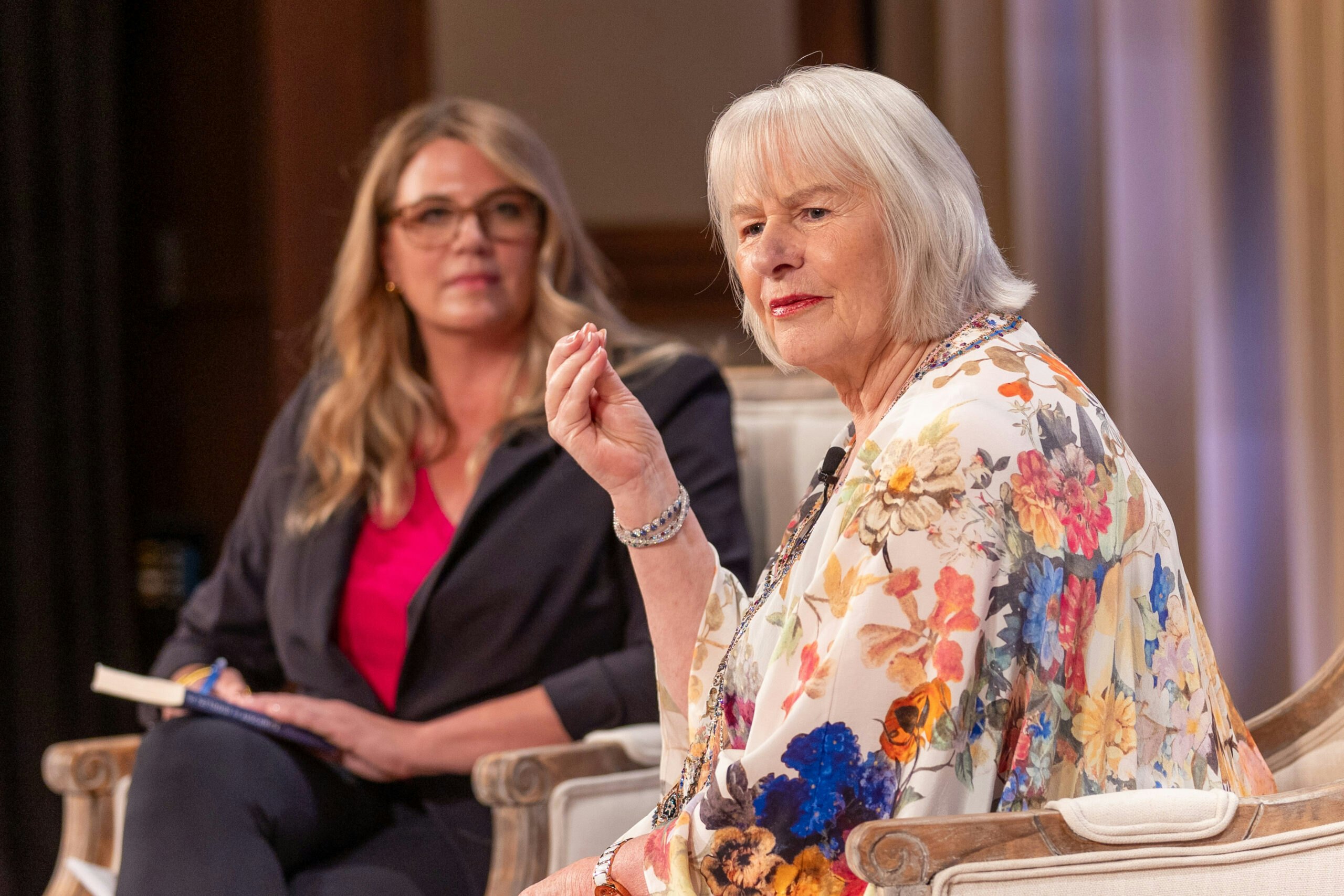Here at the 4% Growth Project, we have made pro-growth tax reform our top focus this election year. In April, we held a major conference,...
Here at the 4% Growth Project, we have made pro-growth tax reform our top focus this election year. In April, we held a major conference, “Tax Policies for 4% Growth,” which featured the efforts of five governors to reform their respective states' tax codes. At the conference, most of the tax reform talk was still in the form of proposals. But over the past several months, there’s been some real action in the states on taxes. In an Op-Ed today for the Wall Street Journal, Chris Edwards of the Cato Institute provides an update. Edwards writes that four governors earn an “A” grade in Cato’s recent “Fiscal Policy Report Card on America’s Governors.” Two of these four governors are Paul LePage of Maine and Sam Brownback of Kansas. Both governors spoke at our April conference and both earn high marks from Cato because of their tax reforms. This year LePage took the first step in eliminating Maine’s income tax by reducing the top rate to 7.95% from 8.5%. Meanwhile, Brownback successfully cut Kansas’s top individual income tax rate to 4.9% from 6.45%, and eliminated the state’s income tax on most small businesses. Edwards offers praise as well for Mary Fallin, the governor of Oklahoma who also spoke at our conference this past spring. Fallin’s presentation that day stressed that states must maintain competitive tax systems to enjoy economic prosperity. Therefore, it is no surprise that Fallin has been vocal about the need for further tax reductions in Oklahoma, a state sandwiched between Texas, which has no state individual income tax, and Kansas, which recently reduced its rates. Of course not all states earn high marks when it comes to tax reform. Pat Quinn of Illinois is one governor earning an “F” according to the Cato report. Under Quinn’s watch, Illinois hiked its personal income tax a dramatic 67%. The rationale for the tax increase was that it was necessary to deal with the state’s serious fiscal problems. But a growing economy is the best way to solve fiscal problems, and a competitive tax code is essential for growth. We conveyed this message last month by teaming up with the Illinois Policy Institute to host our second tax conference of the year, this time in Chicago. We hope Illinois residents and policy leaders got the message. Of course, Illinois is hardly alone in its need for a tax overhaul. Federal policy makers are currently staring at the so-called “fiscal cliff” which would dramatically increase taxes on American taxpayers. This is indeed a problem, but fundamental tax reform is what’s really needed to simplify our overly complicated and confusing federal tax system. Policy leaders from D.C. to Illinois and beyond (read: California) might look to states like Maine, Kansas, and Oklahoma for tax inspiration. We think they, and their voters, would be pleased by the result.























